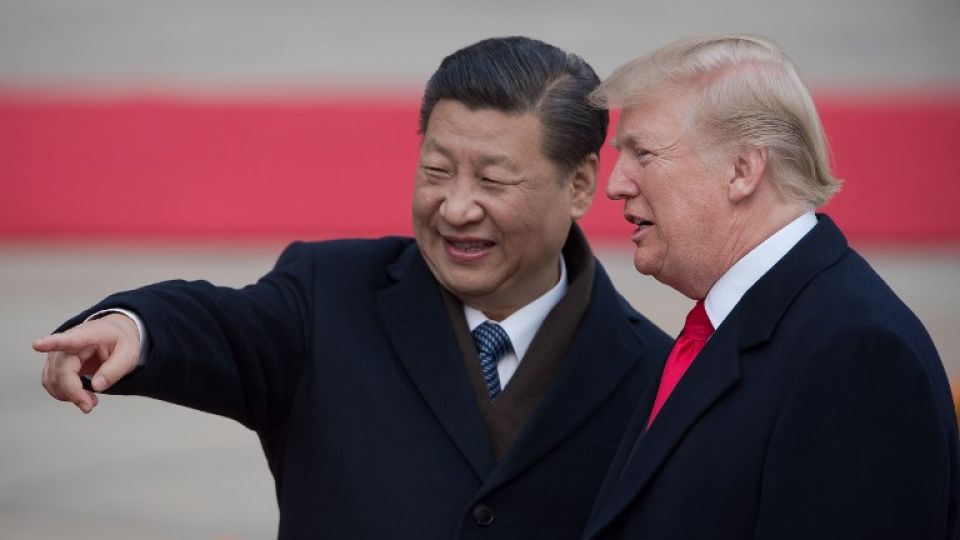June 11, 2021
Experts have warned that every economy in the region has something to lose if trade tensions between the US and China heat up further.
Taiwan exports large amounts of intermediate goods to China where they are assembled into finished products to ship to final destinations such as the US, so there is no doubt that a trade war could hurt us badly. Until the situation becomes clearer, Taiwan must brace itself for the worst and anticipate any possible structural changes, especially an overwhelming shakeup in global supply chains. At the same time, relevant authorities must step up efforts to explain the situation to the public and inform local companies of their options in case trade frictions between the US and China continue to escalate.
How such a trade war will evolve will depend on how both sides will respond to the trade disputes. Once a trade war breaks out, however, it will be a lose-lose situation for both the US and China in the long term, as well as all economies in between. As the situation is changing quickly, we hope Taiwan authorities will refrain from making hasty decisions, too.
US President Donald Trump said last week that the US will impose an additional 25 percent tariff on Chinese goods worth US$50 billion, including machinery, robotics, aerospace equipment, information technology devices and auto parts, starting July 6. China responded within minutes with a 25-percent tariff imposed on US goods, including soybeans and electric vehicles, also starting July 6.
Three days later, the US president ordered his trade office to find another US$200 billion worth of Chinese goods to target, which sent ripples through global financial markets. Soon after Trump’s threats, China’s Ministry of Commerce issued a response, saying that the latest threat of more tariffs violates previous negotiations and consensus reached between the US and China.
In such tit-for-tat escalation and retaliation, each country has a fairly predictable pattern of responding immediately and with pretty stiff tariffs to the other. Yet, the US’s strategy of pursuing unilateral protectionist measures and expecting broad concessions from Beijing is both unrealistic and self-defeating in the short-term, despite having the right target: improve the balance of trade.
Regretfully, such quick and decisive rollout of each set of tariffs leaves little opportunity for negotiation, while setting dangerous new precedents. If such hefty tariffs result in falling Chinese exports to the US, however, there will be knock-on effects for all economies in the region. Then, the question will be whether such economic effects are beneficial to US exports too. – From The China Post


